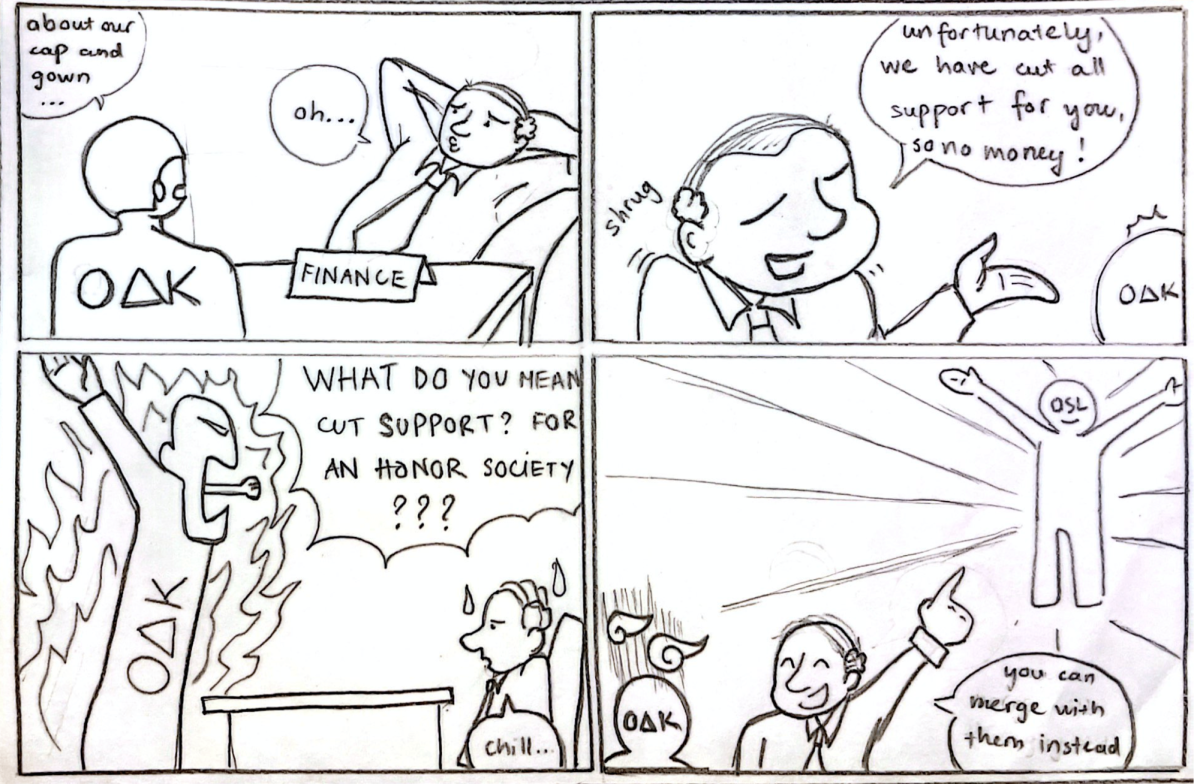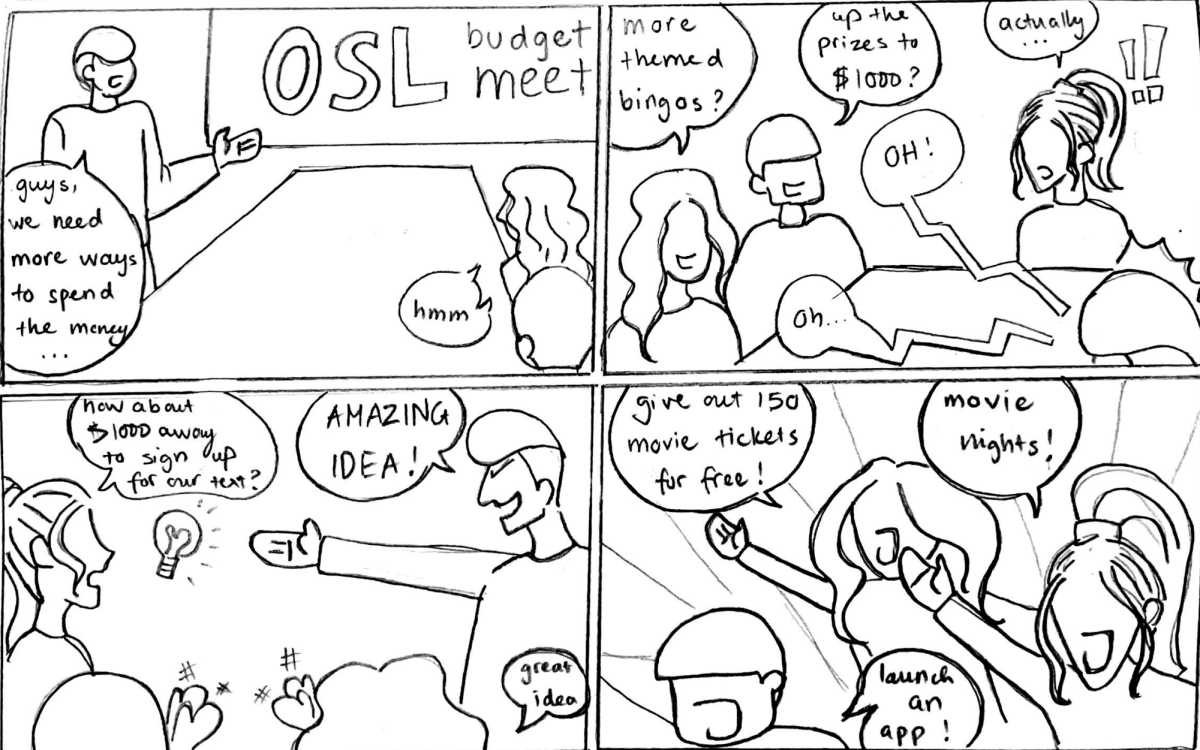With the aftermath of Gloria Steinem and Madeleine Albright’s comments, it’s time to talk about the f-word again: feminism.
As Albright declared recently, “There’s a special place in hell for women who don’t help each other!” However, it’s the context of Albright’s comment that highlights the bigger picture, and the bigger problem.
While Albright and Steinem were championing Democratic presidential candidate Hillary Clinton, the message they gave was contradictory to the movement they both support. Not only did they chastise women for making what they claim is a poor voting decision (by supporting Democratic presidential candidate Bernie Sanders), they classified such an action to be a setback for women.
In the past, these remarks would have been considered with greater weight, especially given the women who delivered them. Albright and Steinem have been pillars of the feminist movement, helping pave the way and advocating heavily for women’s rights. However, in the past week, women were quick to rebuke their statements and eagerly defended their decision to select Sanders.
While I deeply respect both female figures, I can’t help but agree. The statements were inflammatory and seemed like a chastisement for young women.
I equate this shift to both education, and one still developing shift within marketing: “femvertising.” Femvertising is defined as “the idea that advertising can empower women, while also selling products,” according to SheKnows Media’s Chief Revenue & Marketing Officer Samantha Skey.
Dove, one of the pioneers of female empowerment advertising campaigns, introduced its semi-honest, “real women” campaign. They’ve since stuck with the idea and were lauded with the shift. However, their message seems tame in comparison with the newer campaigns.
Fashion brand FCKH8 introduced the “Potty-Mouthed Princesses Drop F-Bombs for Feminism,” a video featuring young girls in princess costumes using explicit language to talk about the feminist movement. These new campaigns are hard-hitting and often blunt about the fact that women are undervalued in society. A personal favorite is Always’s “Like a Girl” campaign (link can be found here: https://www.youtube.com/watch?v=XjJQBjWYDTs).
Not only are these ads speaking truth to women, they’re working. 52 percent of women were more likely to buy a product from an ad that empowered women. It’s time that larger retailers, fashion houses and even the federal government caught on.
With the newest Centers for Disease Control and Prevention (CDC) ad warning women about possible adverse affects of alcohol, another firestorm broke out. While the CDC was attempting to educate women about Fetal Alcohol Syndrome (FAS), the message was poorly worded.
The Daily Caller attempted to defend the CDC, and ended up committing the same, unfortunate mistake. The article, entitled “Women Freak Out When CDC Recommends Not Poisoning Their Babies,” speaks for itself. The language used by The Daily Caller, and especially the CDC, is easily defined as victim-blaming.
While the full statements address alcohol risks for both men and women, there’s a clear tilt towards victim blaming and shame tactics. In example, under short term risks, they list “violence, including homicide, suicide, sexual assault, and intimate partner violence.” Sexually transmitted diseases and unintended pregnancy also fit under the category of short term.
For comparison, long term health risks include “learning and memory problems, including dementia and poor school performance.” High blood pressure, unemployment, and alcohol dependence, amongst others are also presented.
The effects of sexual assault, intimate partner violence, and STDs are not short term, neither is suicide. This type of language is damaging, and often left uncriticized.
It’s clear that more and more women are realizing the harm that such language can have. It’s not a matter of women being “overemotional.” It’s a matter of advertisers being respectful and realistic. The tactics are obviously not working to anyone’s advantage, so why not enlist those Potty-Mouthed Princesses for a conversation with the CDC.
Advertising language is building modern feminism
February 11, 2016








































































































